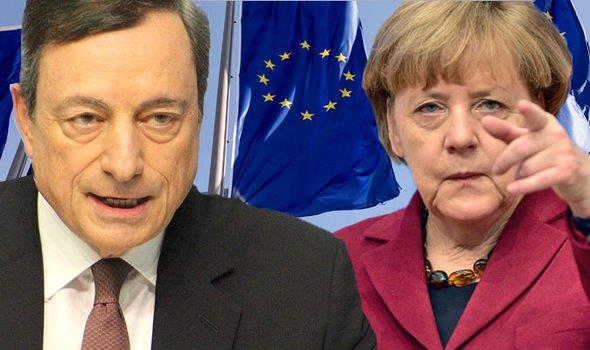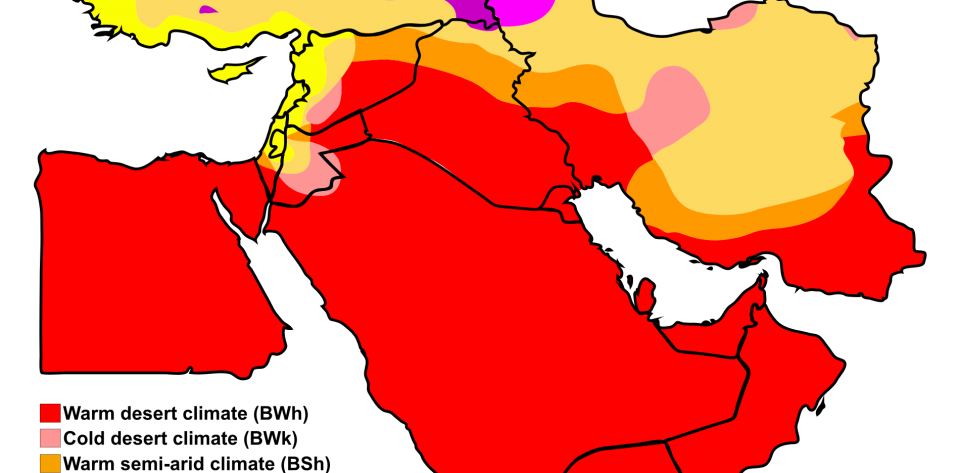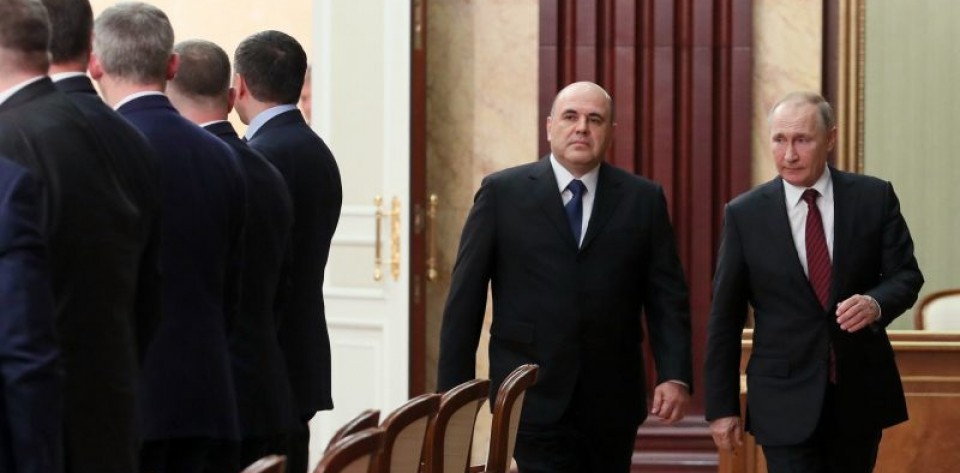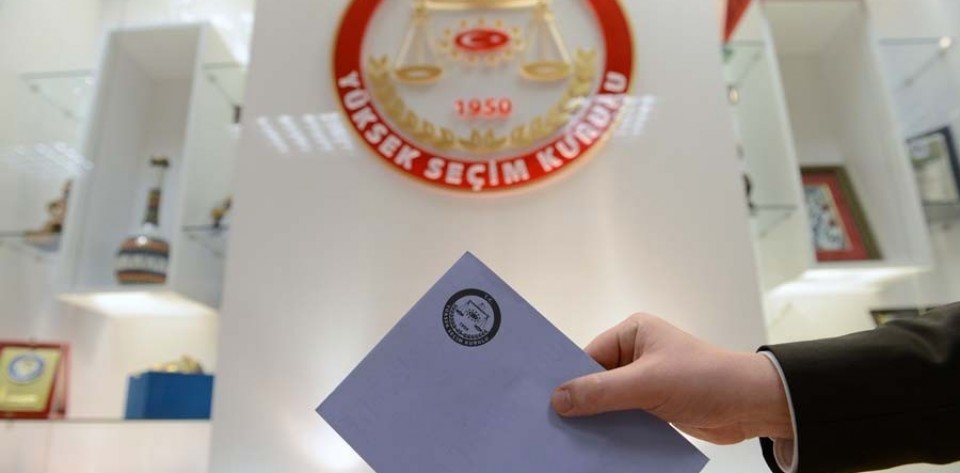
The German government started to give some signs of greater flexibility on spending early last month. There are some rumors that there might be a stimulus plan Berlin works on putting together. The size of the package is estimated as 50 billion Euro. The previous two packages in 2008 and 2009 totaled 11 billion euro and 8.5 billion euro respectively.
However the size of the package increases the certain concerns. ECB grew increasingly desperate to stimulate Eurozone economy and raise inflation in 2015. Finally, it produced an asset purchase programme. As of today, ECB holds 30% of Dutch, Finnish, France and German government debt. Although it worked for the favor of German economy, it seems it does not generate the necessary momentum to fix the economy.
3rd of September, German Central Bank warns that country is heading into recession. Bank emphasized that slump in exports during the summer was likely to continue into the autumn. Considering the definition of technical recession “as a negative economic growth for two consecutive quarters”, it can be easily concluded that Germany economy is expected to shrink during III quarter of 2019.
What takes our attention is that German banks and policy makers accuse the effects which are not related with German economy such as US-China Trade war, unclear effect of Brexit, Chinese slowdown economy. German economy export activities total 50% of its production. Moreover, cheap euro and stimulus programme commenced by ECB. But it seems, the heat is lost.
Thus, ECB considers to raise the limit of holding government debt from 33% to 50% in order to pump money via developed countries in Eurozone. Although it is against the laws of Germany and ECB, the rules might be stretched by introducing conditions such as concession.
German economy cannot continue to blame other problems for its problems. The economy is heavily depended on exports (50% of its production goes to abroad). It does not have only effects on local manufacturer but also suppliers outside country. Therefore, the problem is bigger than anticipated. It shall be remembered that the effects of China-US war trade are not there fully yet. Moreover, the US extra tariffs are not in place which might affect the German GDP 0.7% to 1% once implemented (supposed to be 6.7-7 billion effect on German car industry according to DIHK).
It seems that there are limited instruments to use for Germany. These are expansionary macroeconomics policies such as increasing money supply, tax reduction and government spending. The inflation is halved from 2.2% to 1% in a year. This leaves ECB with little option to cut more interest of borrowing from its already low levels. Most likely, another expansionary monetary policy would be introduced to revive the German economy as well as Eurozone economy.
To watch the video, please click the link...







